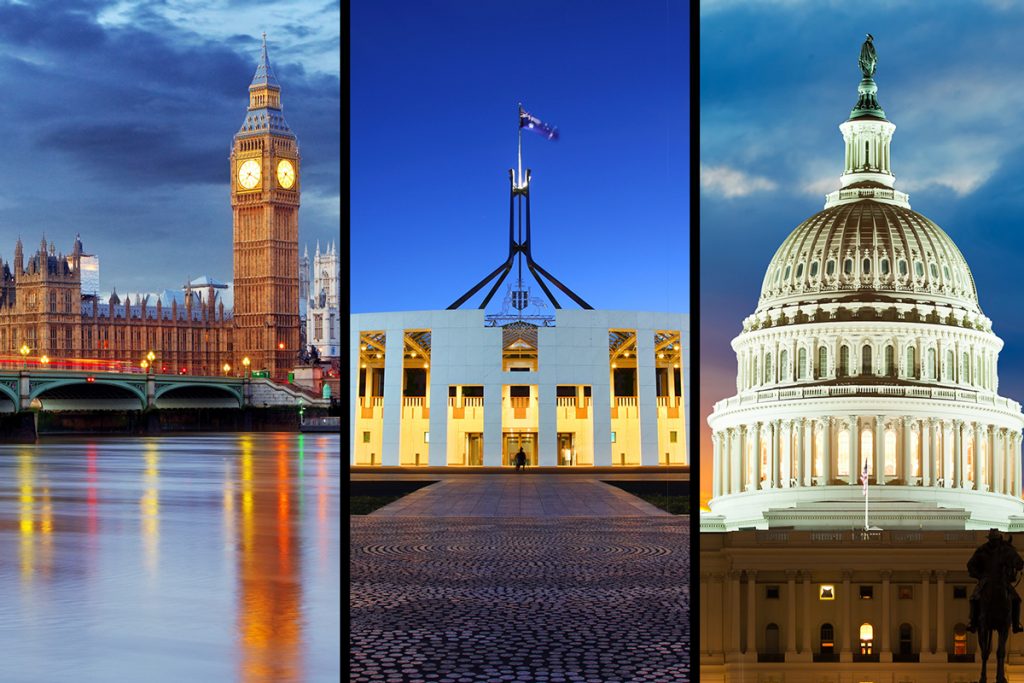WPP’s Government and Public Sector Practice has recently published “The Leaders’ Report” – the first global research focused on government communications. Sean Larkins explains how a decline of trust in government is one of 5 key challenges for government communicators, revealed in this study conducted in 40 countries. For the first time we have a sense of what government and public sector communications leaders around the world are thinking. Sean led this research project and spoke with David Pembroke for this two-part InTransition podcast.
They discussed:
- declining levels of trust in government
- the four other challenges
- what government communication is missing
- communication is no replacement for good policy
- getting comms a seat at the table
- getting research data to measure your effectiveness
- understanding the audience is key
- ten attributes of high performing government communications
- working with behavioural economists
Listen to Part 1 of the podcast:
Selected links:
Access The Leaders’ Report (WPP website)
Sean Larkins on trust in government:
“What we found and we were very surprised about this, that in the end we probably spoke to more than 400, 450 people in terms of qualitative interviews and quantitative research, and actually everybody came back and said that they were struggling with the five key issues. An inference is one of those, but the five key issues were trust; audiences, how do we engage with our audiences in a time where the media landscape is fracturing; conversation, how do we move communications between government and the citizen from one way to two way; capability, have we got the right skills; and influence, we found that government communication is under invested in as a function of government.
We found that many government communication leaders don’t report in to the boards of their organisation. They find it difficult to get access to the chief executives and their ministers. In part, they lack influence because they don’t evaluate or they’re not funded to evaluate communications against policy outcomes. They evaluate most of the work against communication outputs, but I think the thing that links this all together is that first point that I mentioned which is around trust.
The declining levels of trust in government have undermined the connection between those who govern and those who are governed. We found that very few communication leaders know really why there’s been that haemorrhaging of trust between government and citizens and what to do about it. They know it’s happened, but they are looking for guidance and help in terms of how to bridge that gap. I think the four that follow on from that, engaging better with audiences, having a two way conversations, making sure we’ve got the right skills, and making sure that we are seen as influential within government and within our organisations are the four things that will help us get to that heart of the issue which is why has trust fallen?”

